
“Minimalism isn’t about removing things you love. It’s about removing the things that distract you from the things you love.”
Joshua Becker
The minimalist lifestyle isn’t just about owning fewer things. It’s about finally waking up from the daze of always chasing more — more stuff, more noise, more pressure to keep up with people you don’t even like.
While the world worships chaos disguised as ambition, there’s a quieter rebellion underway. People are trading clutter for clarity.
They’re done with drowning in digital noise, endless notifications, and a home that feels more like a storage unit than a sanctuary.
But let’s get something straight: this isn’t about color-coding your sock drawer or turning your living room into a sad beige temple of nothingness. Minimalism isn’t about having less for the sake of it.
It’s about making space — physically and mentally — for what actually matters.
And it works.
An article in the Journal of Positive Psychology proposes that following minimalism and simplicity has clear psychological benefits. Translation: Less garbage, more calm.
As life gets messier, the minimalist lifestyle offers something radical — a chance to breathe, to focus, to enjoy your life instead of just surviving it. It’s not about being a monk. It’s about being intentional.
So, the real question is:
Can embracing less actually make you happier?
Let’s break down seven reasons why the answer is a loud, liberating yes.
Let’s get something straight — a minimalist lifestyle isn’t just about finally throwing out that drawer full of tangled phone chargers and mismatched socks. It’s about waking up and genuinely caring about how you spend your day.
Minimalism doesn’t scream, “Look how little I own!”
It whispers, “Everything I keep adds something real to my life.”
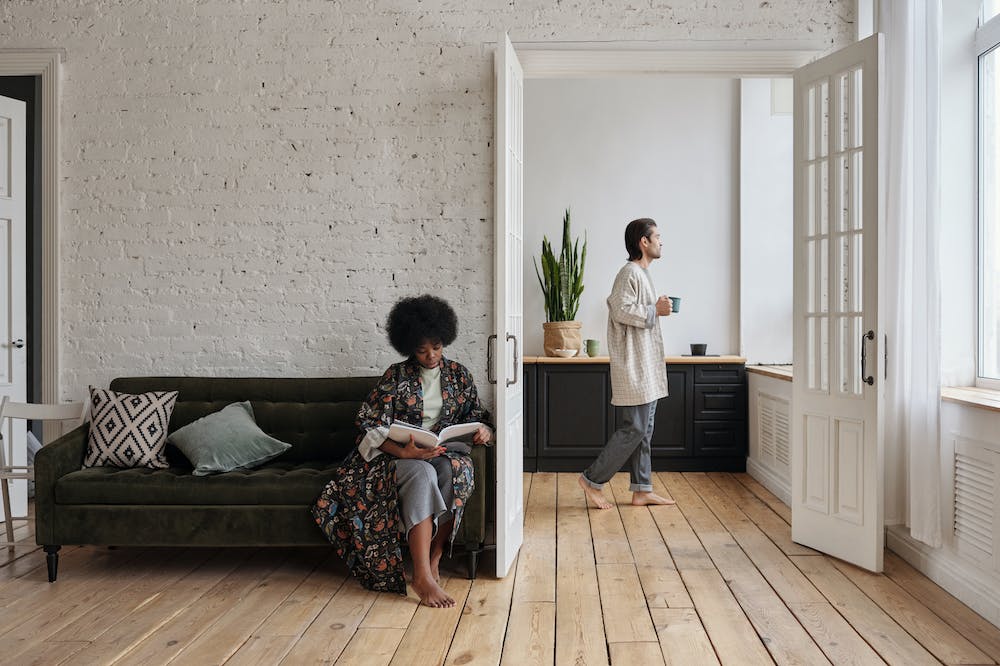
It’s not about living in a vacant apartment like a monk. It’s about curating your environment — and your choices — like your life actually matters. Because it does.
In a world where people collect junk like it’s a competitive sport, minimalists are asking a better question:
Does this thing actually serve me, or is it just taking up space — in my home and in my head?
Picture this: your life is a playlist. Most people’s playlists are filled with noise — songs they don’t even like, ads, and random recordings from that one podcast they forgot to unsubscribe from. The minimalist lifestyle is about hitting pause, deleting the noise, and choosing the tracks that actually move you.
It’s a shift from mindless consumption to intentional living. You stop chasing shiny things and start choosing meaningful things — not just what you own, but how you spend your time, your energy, and your attention.
Because purpose isn’t something you find in a weekend retreat or a motivational video. It’s something you build.
One choice. One item. One ‘yes-or-no’ decision at a time.
And suddenly, you’re not just decluttering a shelf — you’re designing a life that actually fits you.
Let’s be real — half your stress isn’t from your job, your inbox, or even your in-laws. It’s from stepping over piles of junk you forgot you owned and digging through drawers like a raccoon looking for your keys.
Welcome to the psychological chaos of clutter. The minimalist lifestyle doesn’t just clear your countertops. It clears your head.
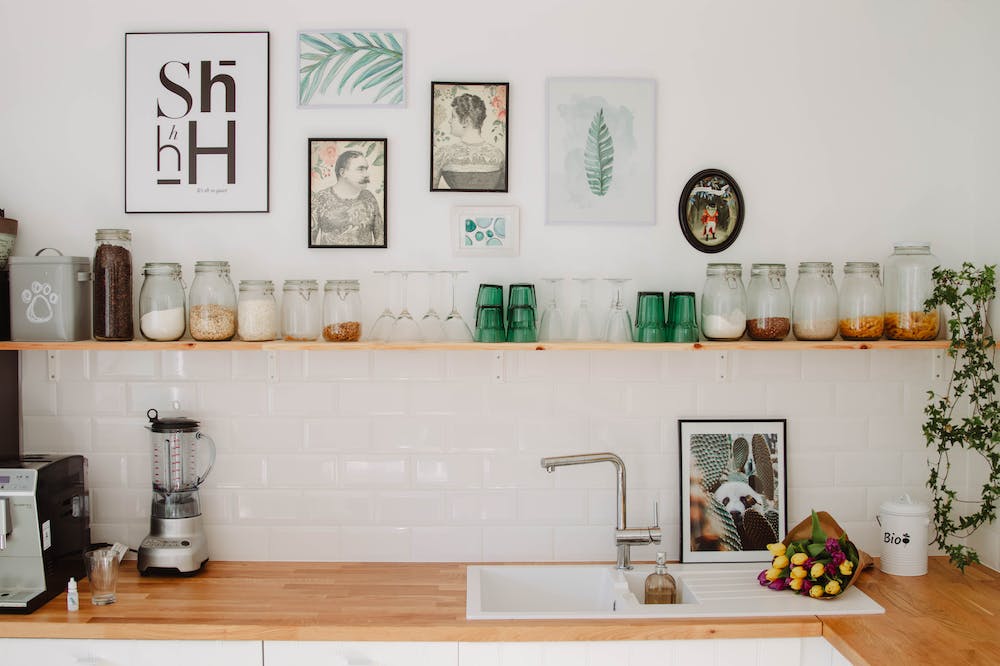
And no, we’re not talking about Pinterest-perfect homes where everything’s beige and nobody actually lives there. We’re talking about a home — and a mind — where every item has a purpose, and none of them are screaming for your attention.
Science backs this up. A study in the Personality and Social Psychology Bulletin found that women who described their homes as “cluttered” had higher cortisol levels — that’s stress hormone 101.
Translation: Your messy living room might actually be making you anxious. Minimalism is not aesthetic. It’s therapy disguised as tidying up.
When you reduce the number of things demanding your attention, your brain stops running a constant background scan for “Where is the remote?” and starts doing more useful things — like thinking clearly.
Want to start? Don’t panic and order 12 storage bins. Start with a drawer. A shelf. A sock you haven’t worn since 2007.
Ask yourself:
“Is this helping me live better… or just taking up space?”
Or, as Marie Kondo would ask:
“Does this spark joy?”
If the answer is no, it’s not organizing — it’s emotional hoarding.
In a minimalist lifestyle, the point isn’t just to own less — it’s to live more. And sometimes, peace of mind starts with throwing out the fourth spare phone charger.
Your brain wasn’t designed to operate in a junk drawer.
If you’ve ever tried to focus while surrounded by unopened mail, tangled cables, and that weird ceramic souvenir you forgot who gave you — then you already know the truth: clutter doesn’t just fill your space, it hijacks your mind.
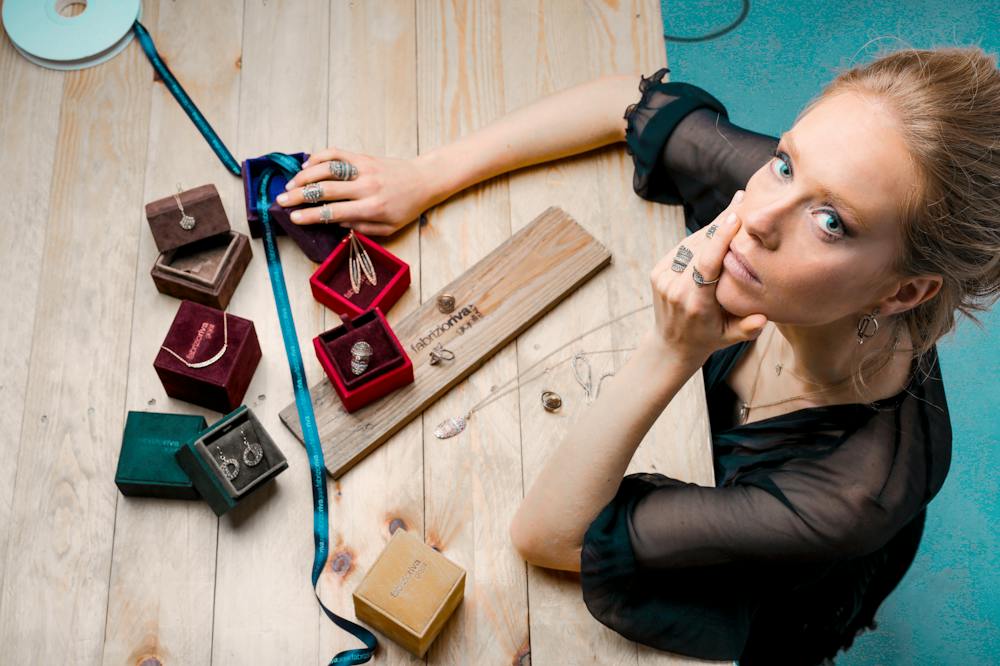
Think of it this way: every item in your line of sight is another tab open in your mental browser. And you wonder why you’re tired.
In a landmark 2011 study, neuroscientists confirmed that clutter competes for your attention, reducing your ability to focus and process information. That messy desk isn’t quirky — it’s quietly killing your productivity.
Here’s where the minimalist lifestyle steps in like a cognitive ninja. When you strip away the visual noise, your brain stops wasting energy deciding what to ignore and starts doing what it’s meant to do — concentrate, create, and get things done.
It’s not magic. It’s neuroscience. The result? Clear space. Clear mind. Higher output. Fewer mental tantrums.
And no, you don’t need to empty your house in one dramatic weekend. Start by making decluttering a micro-habit — five minutes a day, one drawer at a time.
Don’t just organize… audit. The minimalist lifestyle isn’t about living with nothing.
It’s about finally having room to think.
Let’s be honest: that shiny new phone, fancy jacket, or latest gadget gave you a quick dopamine kick. A little sugar high for the soul.
But how long did it last? A week? A day? The time it took to peel off the sticker?
The more you chase stuff, the emptier you feel. And that’s not just poetic — it’s psychological.
Dr. Thomas Gilovich, a psychology professor at Cornell University, nailed it with his research:
People get more happiness from experiences than from things.
That new smartwatch? Cool today, boring tomorrow. But a spontaneous road trip with friends? That lives in your head rent-free — in a good way.

This is where the minimalist lifestyle throws a well-deserved wrench into consumer culture. It asks you to stop collecting things and start collecting moments.
Moments like that forest bathing excursion when the air feels just right. Or the taste of real coffee sipped slowly, without scrolling through three apps at once.
Those are the experiences that actually feed your soul.
Minimalism doesn’t demand you become a monk. It just wants you to stop mistaking shopping bags for emotional fulfillment.
Mindfulness — that magical habit of actually paying attention — turns the ordinary into something extraordinary. When you’re present, the little stuff becomes the good stuff.
So the next time you’re one click away from buying another “must-have,” pause and ask yourself:
“Will this collect dust, or create a memory?”
Because a minimalist lifestyle doesn’t give you less joy — it gives you the kind that lasts.
Let’s face it — most of us treat time like it’s on tap. We waste it obsessing over what to wear, scrolling through cluttered to-do lists, and committing to things we never wanted to do in the first place.
Here’s where a minimalist lifestyle quietly steps in like a time-saving ninja.
Fewer things mean fewer decisions. Fewer decisions mean less mental drain. And less mental drain? That’s your golden ticket to real freedom.
No more wardrobe meltdowns over which shirt “vibes” today. Minimalism says: wear what works, pour your coffee, and go about your day with ease.
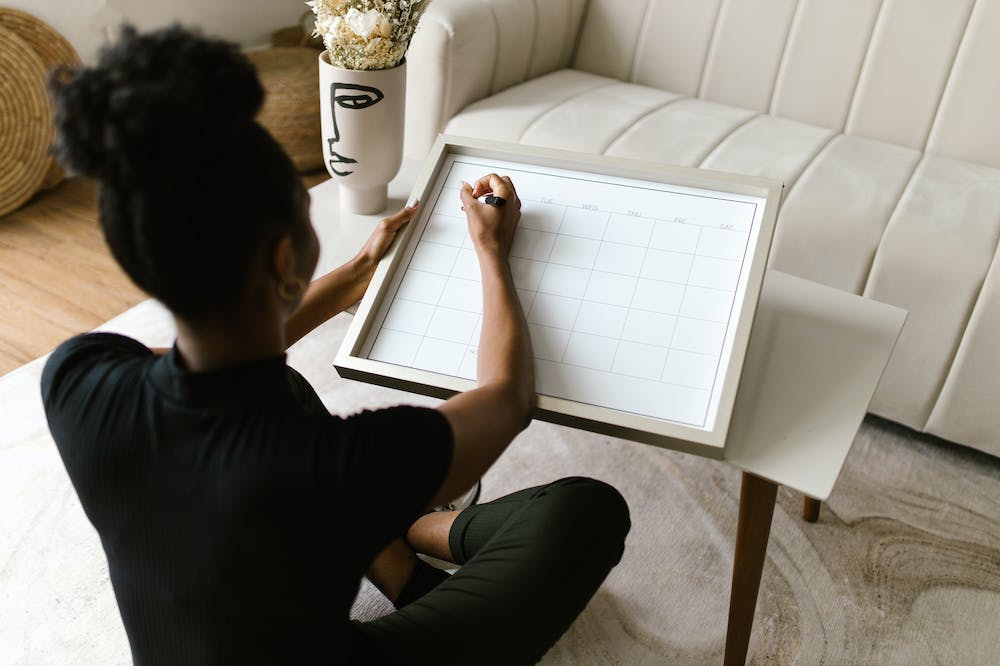
But here’s the surprising revelation: minimalism doesn’t just clear your closet — it clears your calendar. Because having a color-coded planner full of obligations you secretly dread isn’t productivity.
It’s glorified self-sabotage.
Start asking the real questions:
That’s where journaling comes in. Five minutes a day. Pen to paper. Strip your thoughts down to what matters most.
You’ll be shocked how much time you’ve been burning on nonsense.
A minimalist lifestyle isn’t about tossing everything out. It’s about keeping what gives you energy, space, and clarity—so you can focus on what really fuels you.
So ditch the chaos, cut the noise, and remember:
Less isn’t just more — it’s what makes more possible.
Here’s a radical idea: what if the secret to feeling better isn’t adding more, but subtracting what’s weighing you down?
A minimalist lifestyle nudges you to slow down and savor the abundance already in your orbit. Gratitude stops being a Pinterest quote and starts being your new mental operating system.
Suddenly, you’re not chasing joy—you’re noticing it:
Minimalism isn’t about sterile white walls and Instagrammable furniture. It’s about creating a space—physically and mentally—where your wellness can breathe.
And it turns out, science is backing this up.
A study found that people in organized environments were more likely to choose apples over chocolate bars. When your surroundings are chaos, your habits follow suit. But when your space is calm?
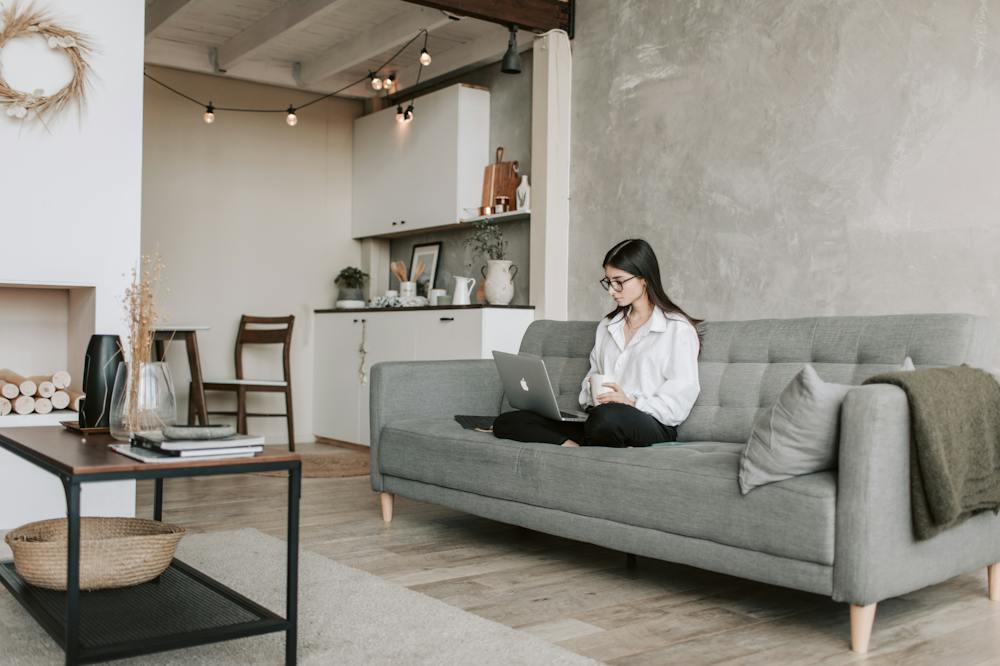
You’re more likely to eat mindfully, move more, and make choices that actually serve your body.
And let’s talk about sleep. A clutter-free bedroom isn’t just good feng shui—it’s a sleep aid. Research shows that people with clean, minimalist spaces sleep better.
The minimalist lifestyle is like a health coach in disguise. You begin to walk with intention. Enjoy a greater sense of wellbeing. Say “thank you” more often than “I need more.”
And just like that, your everyday routine becomes a wellness ritual.
So if you’ve been chasing energy, peace, or just a decent night’s sleep—don’t add another supplement or app.
Start by subtracting.
Most of us don’t have a spending problem—we have a stuff problem disguised as happiness. That dopamine hit you get when you click “Add to Cart”? It’s not joy. It’s your bank account crying in real time.
A minimalist lifestyle isn’t just about cleaning out your junk drawer. It’s about unlearning the lie that more stuff equals more happiness.
Because the truth? That shiny object loses its sparkle faster than your New Year’s resolution.
Embracing a minimalist lifestyle teaches you to separate needs from wants—and that shift is where financial freedom begins. You stop buying for the sake of buying, and you start spending with purpose. No more accidental Amazon blackouts or “how did I spend $300 at Target?” moments.
Instead, you start investing in what actually matters—your peace of mind, your goals, your future.
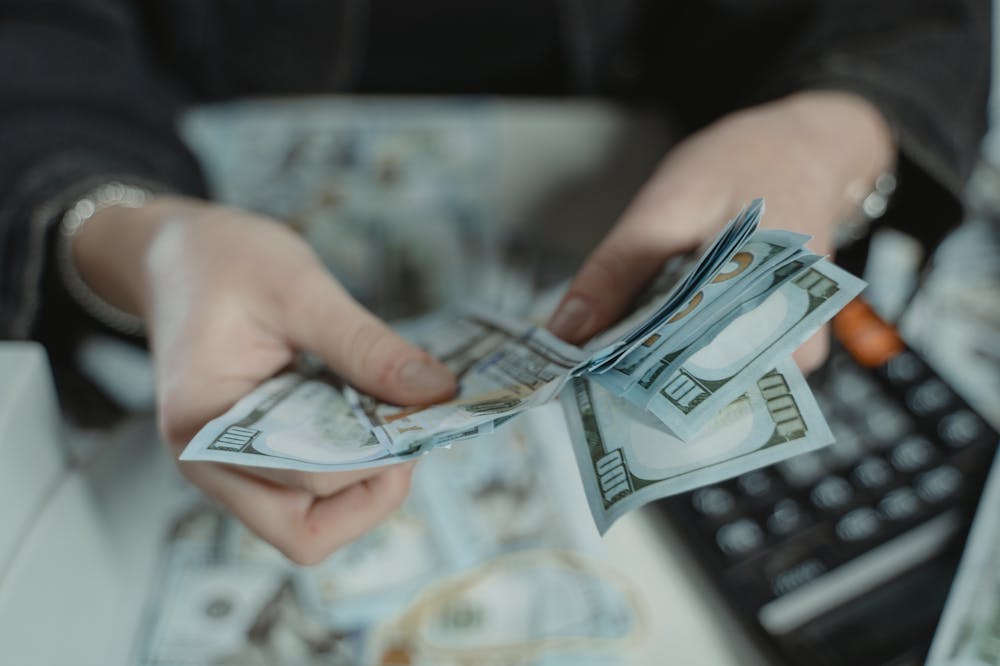
Want a practical hack? Try the One-In, Three-Out rule: for every new item you bring into your life, get rid of three.
It keeps your space—and your wallet—from spiraling into chaos. It’s simple, brutal, and wildly effective.
And let’s talk debt. You know, that heavy fog that sits on your chest at 2 a.m.? According to research in the Journal of Economic Psychology, people who chase material stuff often end up neck-deep in financial anxiety.
The more they spend, the more they owe. The more they owe, the more stressed they become. It’s a hamster wheel of hell.
But here’s the plot twist: when you embrace a minimalist lifestyle, you stop feeding the beast. You make room for savings.
For peace. For freedom. You buy less, owe less, and sleep better. Because in the end, it’s not just about owning less stuff.
It’s about no longer letting stuff own you.
Minimalism isn’t a fad—it’s a full-blown rebellion against the cluttered chaos of modern life. A mindset shift that forces you to ask: What really matters? And more importantly, what doesn’t?
Because every time you say “yes” to more stuff, more noise, more busyness… you’re saying “no” to peace, purpose, and actual joy.
Psychologist and author of Inside Minimalism, Joshua Hook nailed it when he said:
“We often get caught up in going after ‘more’ – for example, more money, a bigger house, a fancier car, etc. – thinking it will make us happy. But studies have shown that reducing your consumption and lowering your focus on material goods is actually related to more happiness.”
Here’s the truth bomb: happiness isn’t hiding in your Amazon cart. It’s found when you simplify your life with ruthless intention. When you stop hoarding and start healing.
The minimalist lifestyle isn’t about deprivation. It’s about liberation.
You stop chasing, start choosing. You trade in the constant craving for calm confidence. You find joy in simplicity—not because you gave up everything, but because you finally figured out what’s worth keeping.
And when it comes time to declutter, don’t overthink it. Use the no-BS Three-Box Method:
One box to keep. One to donate or sell. One to throw out.
Simple. Effective. No drama.
So here’s your challenge: Start small. Clear one drawer. One shelf. One hour of your calendar.
Then rinse and repeat.
Because when you live with less, you make space for so much more: clarity, freedom, and a life that actually feels like yours.
DISCLOSURE: In my article, I’ve mentioned a few products and services, all in a valiant attempt to turbocharge your life. Some of them are affiliate links. This is basically my not-so-secret way of saying, “Hey, be a superhero and click on these links.” When you joyfully tap and spend, I’ll be showered with some shiny coins, and the best part? It won’t cost you an extra dime, not even a single chocolate chip. Your kind support through these affiliate escapades ensures I can keep publishing these useful (and did I mention free?) articles for you in the future.
READ NEXT